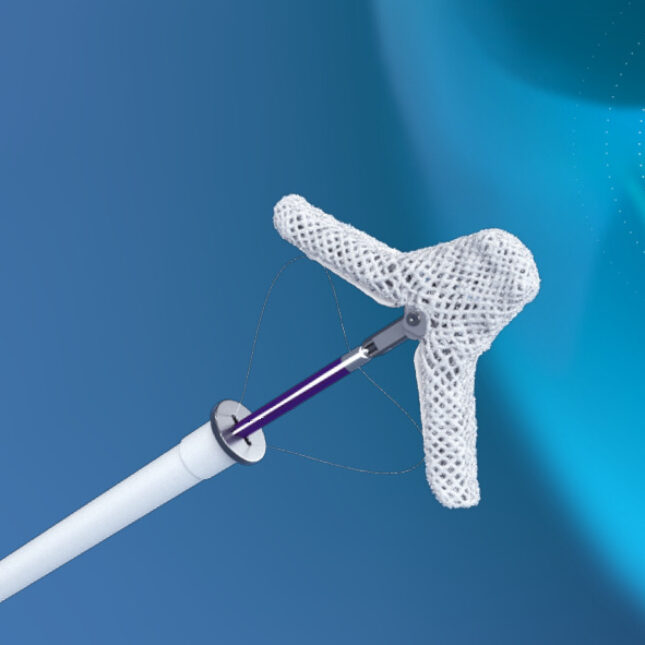
The Food and Drug Administration approved a new device from Abbott meant to treat tricuspid heart valve disease — an expected decision after an outside advisory panel voted that the device’s benefits outweighed its risks.
The device, called the TriClip, addresses a disease called tricuspid regurgitation, in which blood leaks backward through the tricuspid heart valve. It impacts 1.6 million people in the United States. Symptoms include fatigue, swelling, and atypical heart rhythms. In severe cases, the condition can lead to heart failure.
Tricuspid regurgitation patients can typically choose between medications that reduce fluids or correct heart rhythm, or choose to undergo surgery that corrects the valve. Nadim Geloo, director of medical affairs in Abbott’s structural heart division, said TriClip aims to reach patients for whom surgery may be too risky and medications may be uncomfortable or ineffective. The device clips together the disparate parts of the valve, and is delivered via a catheter rather than open heart surgery.

This article is exclusive to STAT+ subscribers
Unlock this article — and get additional analysis of the technologies disrupting health care — by subscribing to STAT+.
Already have an account? Log in
Already have an account? Log in
To submit a correction request, please visit our Contact Us page.











STAT encourages you to share your voice. We welcome your commentary, criticism, and expertise on our subscriber-only platform, STAT+ Connect